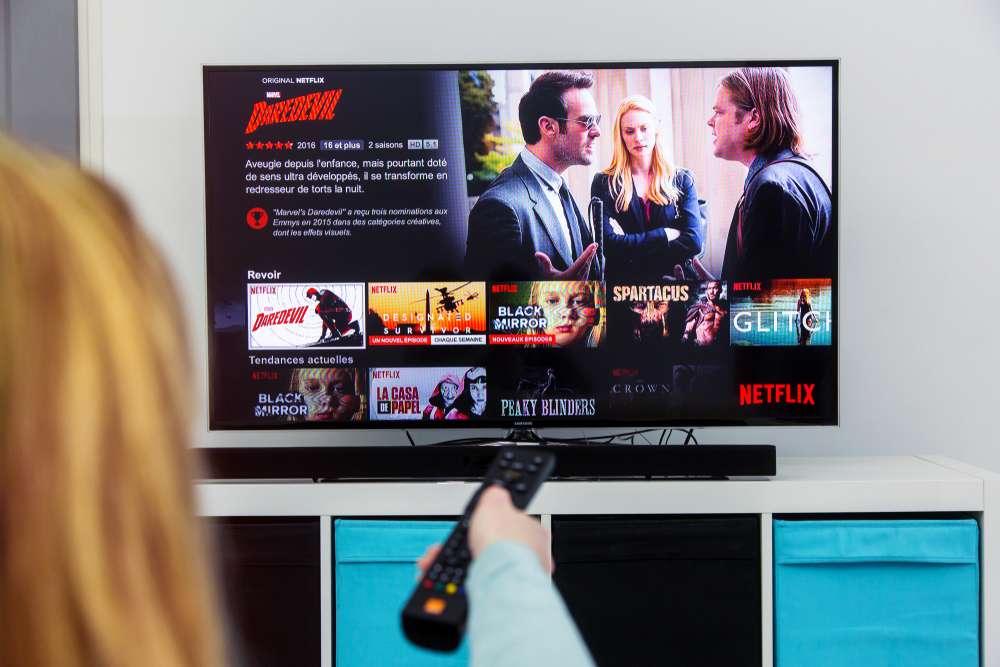Some of the biggest series in the world.
Others are reading now
Television has long served as a powerful cultural platform, challenging societal norms, values, and taboos.
From sharp political satire to provocative social issues, TV has the unique ability to spark debate and influence millions of viewers worldwide.
Yet, this creative freedom often comes with consequences. When series push boundaries—whether cultural, political, or religious—they frequently face censorship or outright bans in certain countries.
The reasons for censorship vary widely.
Also read
In some cases, it’s about preserving a nation’s moral values, while in others, it stems from politically sensitive content or criticism of those in power.
These restrictions often ignite debates about the limits of free expression and the extent to which governments or institutions should regulate art and culture.
Despite the opposition, television continues to explore controversial topics and challenge the status quo.
South Park
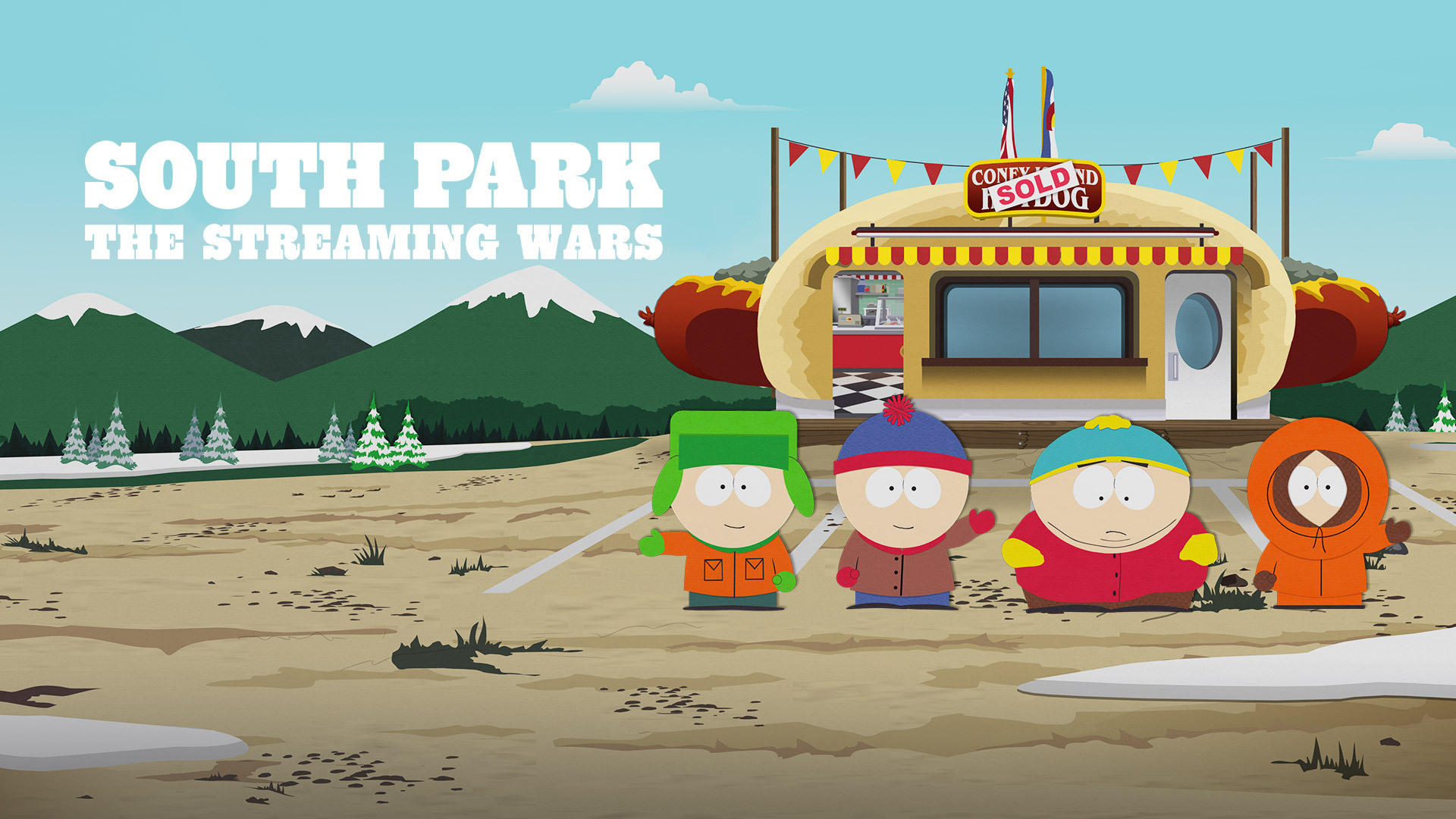
Banned in: China, Russia
The popular animated series South Park has faced backlash in multiple countries.
Since 2019, it has been banned in China after an episode depicted labor camps and marijuana sales.
In Russia, another episode was censored for mocking President Vladimir Putin.
Big Bang Theory
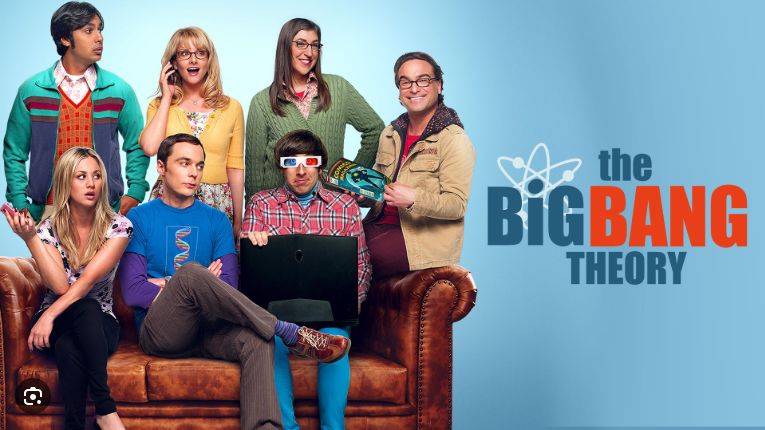
Banned in: China
Despite its massive popularity, The Big Bang Theory was abruptly removed from Chinese streaming platforms without any official explanation, leaving fans frustrated and puzzled.
Sex and the City
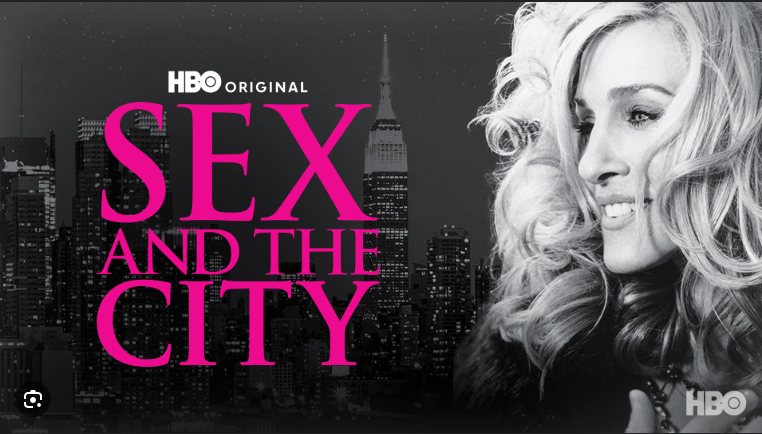
Banned in: Singapore
Initially banned in Singapore due to its explicit portrayal of women’s lives and sexuality, Sex and the City eventually had its restrictions lifted after several years.
The X-Files
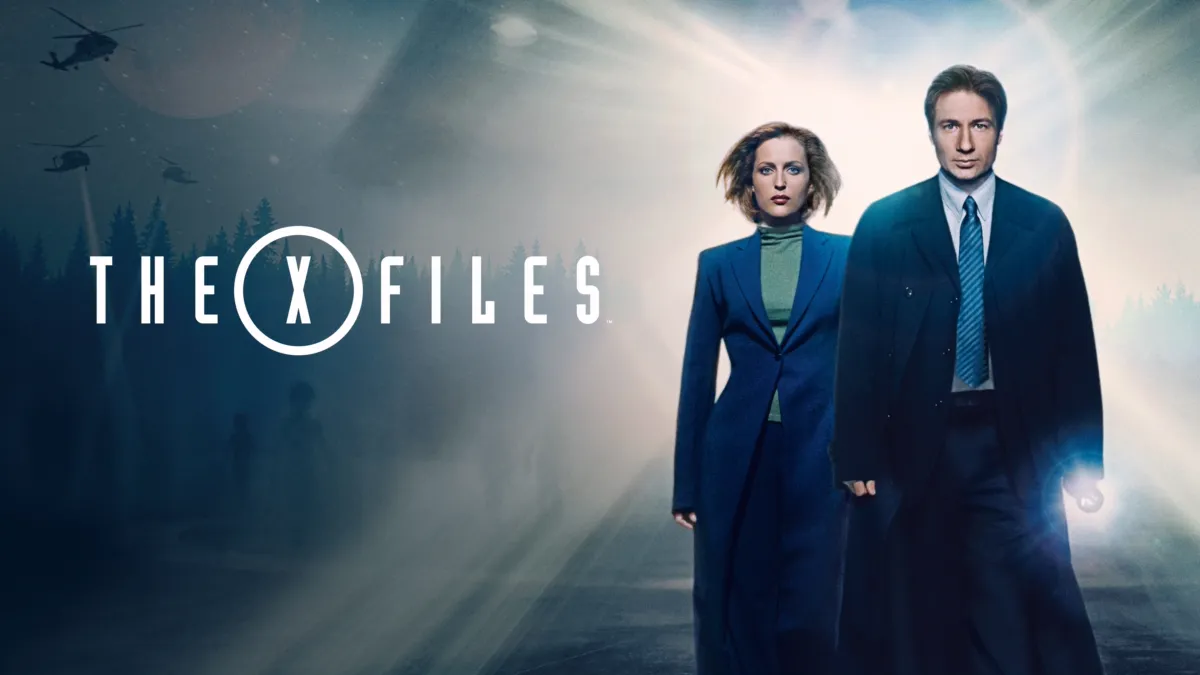
Banned in: United States (specific episode)
The X-Files episode “Home” caused a stir and was banned from re-airing in the U.S. due to its graphic and shocking content.
The show’s exploration of conspiracies and dark themes has cemented its status as a fan favorite, even when censorship has intervened.
The Simpsons
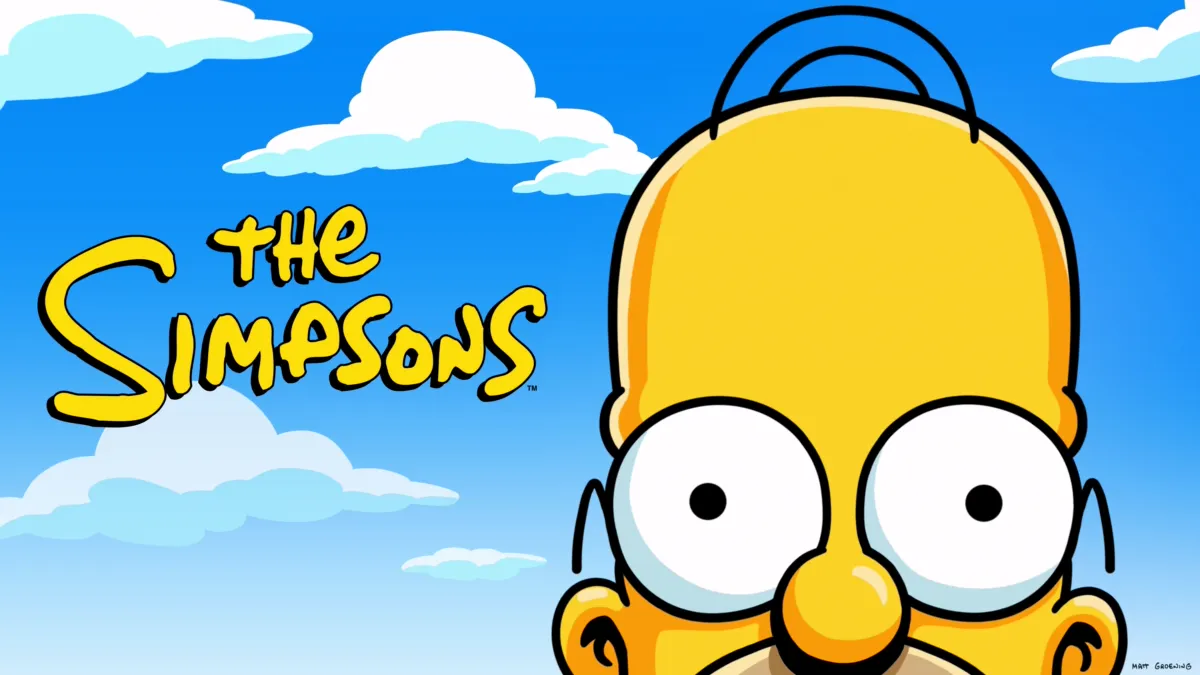
Banned in: Japan, other countries (specific episodes)
The Simpsons has been censored in various countries, especially episodes that parody culture, politics, or religion.
For instance, “Thirty Minutes Over Tokyo” was banned in Japan for its satirical portrayal of the nation.
Despite censorship, the show remains a cultural icon.
Game of Thrones
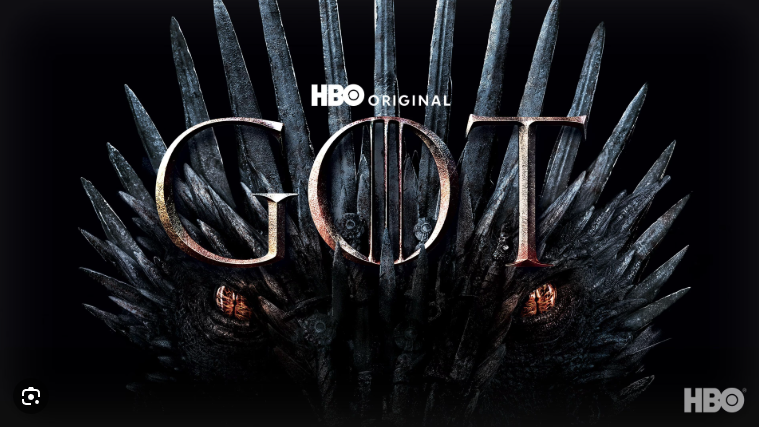
Banned in: China (partially censored)
When the eighth season of Game of Thrones aired, Chinese authorities removed six minutes from the premiere episode.
Fans were outraged, especially as the show is only available on a state-controlled platform, with HBO banned in the country.
Peppa Pig
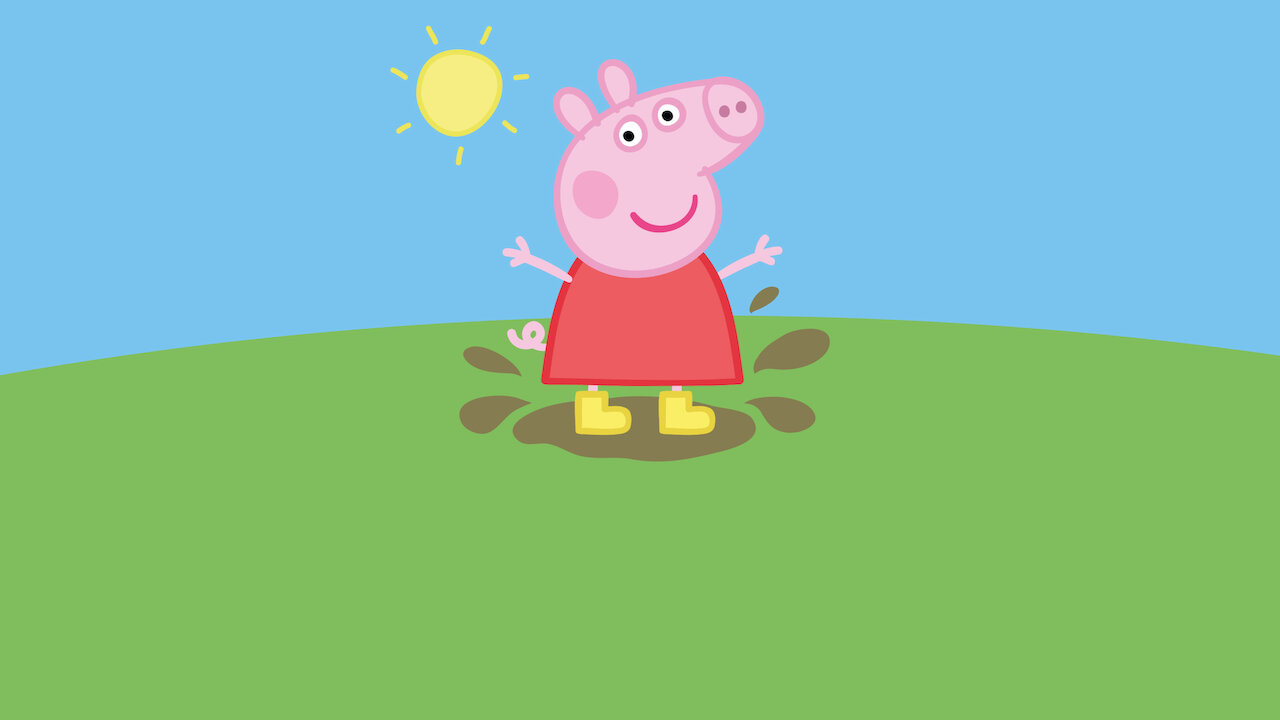
Banned in: China
In a surprising turn, the popular children’s show Peppa Pig was removed from the Chinese platform Douyin, labeled as a “symbol of subversive counterculture.”
Family Guy
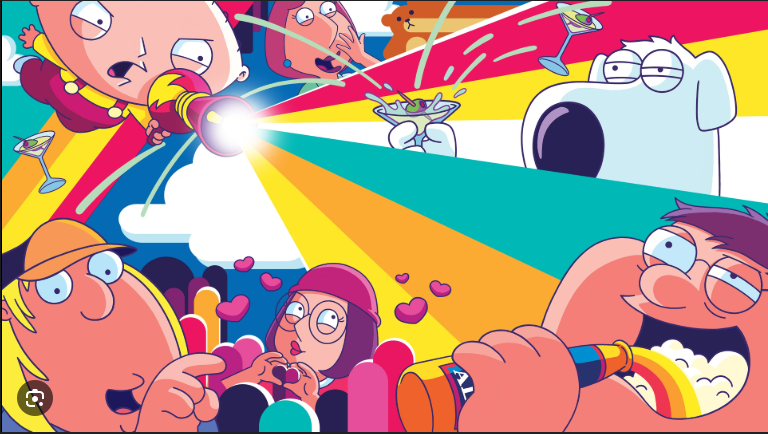
Banned in: Venezuela, Middle East
The provocative animated series Family Guy frequently faces censorship for its controversial themes, such as cannabis, LGBTQ issues, and criticism of religion.
In Venezuela, it was outright banned, while episodes have been edited or cut in parts of the Middle East.
Doctor Who
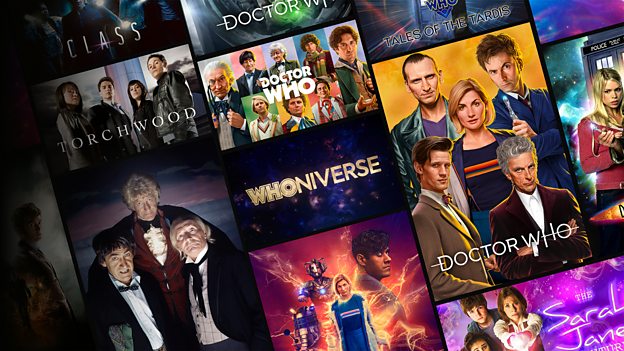
Banned in: China (initially, later lifted)
In 2011, Doctor Who was censored in China for its references to time travel, which authorities deemed disrespectful to history.
The ban was eventually lifted, allowing fans to enjoy the sci-fi classic.
Modern Family
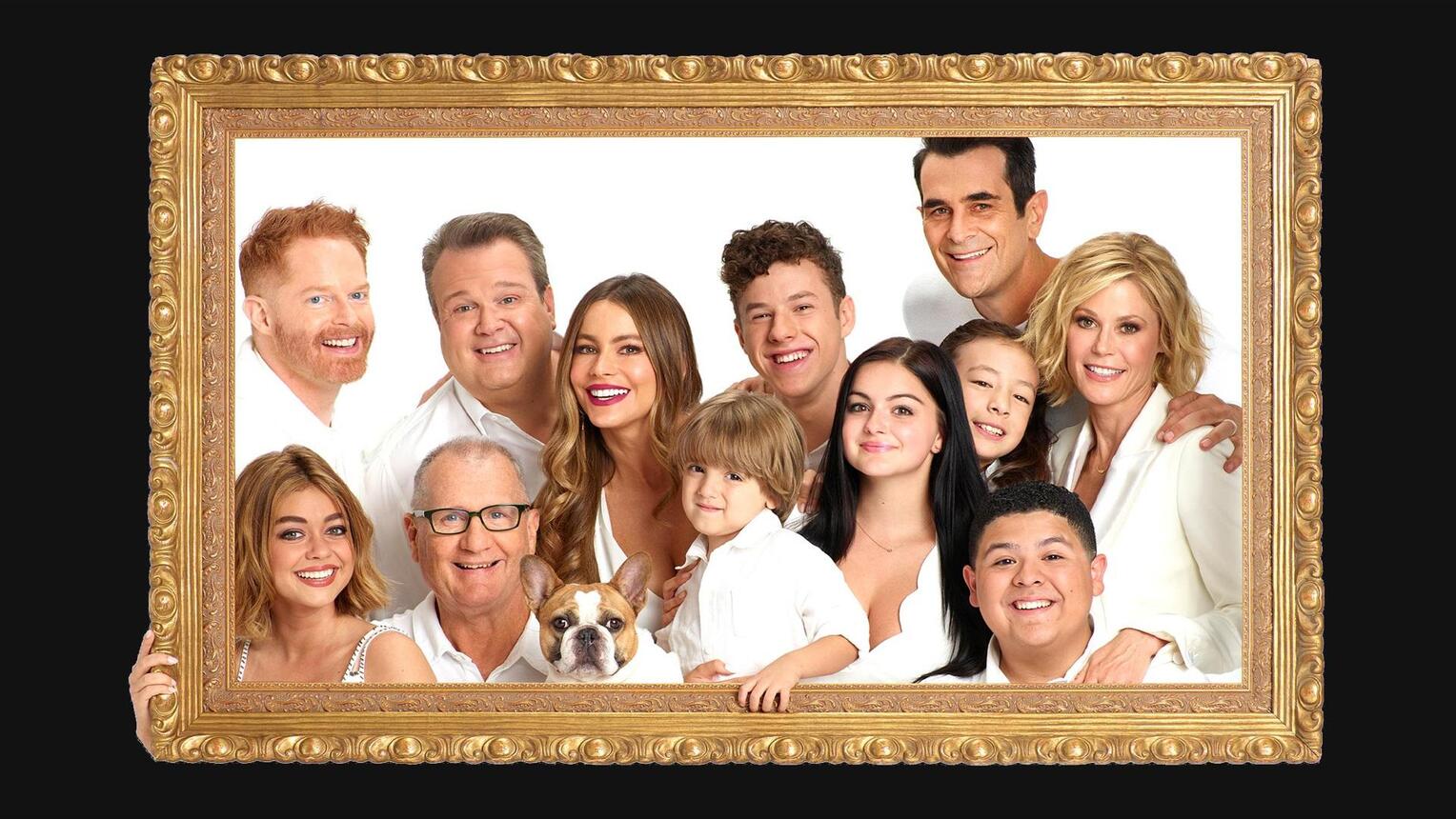
Banned in: Various countries (themes of homosexuality)
To comply with cultural norms, Modern Family was produced in multiple versions.
In countries like Chile, themes involving homosexuality were either toned down or removed entirely.
13 Reasons Why
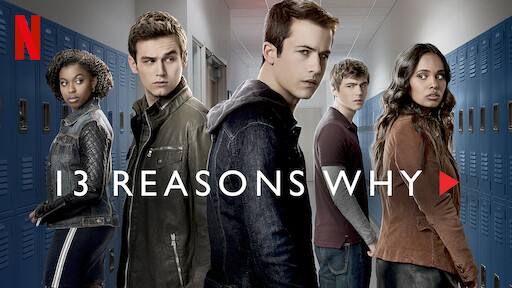
Banned in: New Zealand (restricted for minors)
Netflix altered a pivotal scene from the first season of 13 Reasons Why, where the main character Hannah takes her own life, following advice from medical experts.
In New Zealand, the series was restricted for minors, requiring adult supervision due to its sensitive themes.

